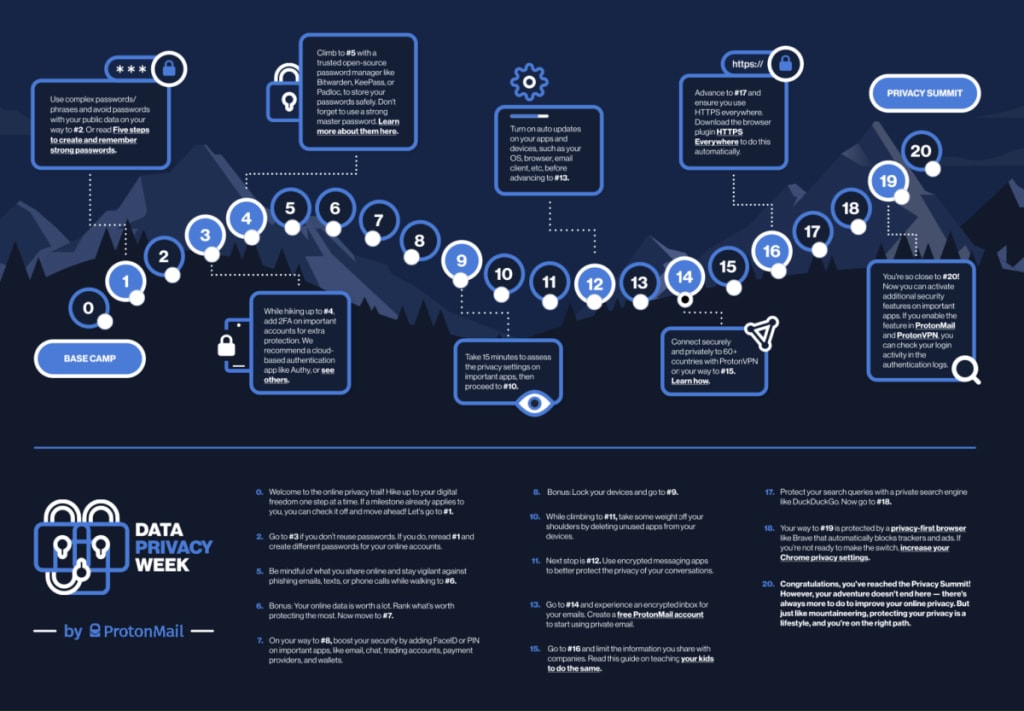Your personal data is the currency of the digital age. With every click, swipe, and like, you produce a wealth of information about yourself that companies track and collect, making it crucial to protect your online privacy. However, have you thought about how safeguarding your privacy depends on your friends’ online habits as much as your own?
In the digital age, your friends and family can inadvertently give away your private data through some of these examples:
- Tagging you in images and locations on their social media accounts
- Accidentally sharing your data with third-party apps
- Storing your personal information, such as your contact number and email address, in cloud services prone to hacks and breaches
- Sharing your travel details with others using unencrypted email
This shifts the concept of privacy as a personal duty to a collective responsibility, highlighting the fact that it is not only important to defend your own privacy, but also those of your friends and family.
For Data Privacy Week this year, we’ll show you how you can help your friends and family close their privacy gaps and be more secure online. As part of our ongoing effort to build an internet where privacy is the default, we’ve designed activities and challenges you and your friends can participate in all week long.
Join us from Monday to Friday as we share games, ideas, and top tips on how to protect your online privacy. Follow us on Facebook(new window), Twitter(new window), Instagram(new window), and LinkedIn(new window) to easily spread the word to your friends and family.
At Proton, we believe everyone should have the choice to decide how their data is shared and with whom. Thank you for being part of our community. Together, we can make the internet truly private.
Update (27/01/22):
Data Privacy Week is almost coming to an end, but your journey to digital privacy doesn’t stop here. Play the Proton Privacy Summit board game with your friends and family to learn more tips and tricks on keeping your data safe!
